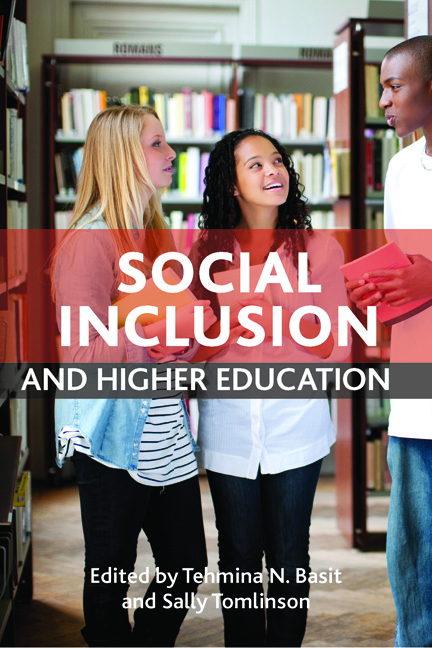fourteen - Higher education, human rights and inclusive citizenship
Published online by Cambridge University Press: 01 September 2022
Summary
Two interlinked stories
In 1888, the first ever woman to study law at a British university arrived in Oxford to take up a place at the newly founded Somerville Hall (now Somerville College). She was Cornelia Sorabji, an imperial British subject from a privileged Indian family. Like other Somerville women, Sorabji was not subjected to any religious tests or obligations. Nevertheless, at that time, women were excluded from the University of Oxford, for it was not until 1920 that they were eligible to become full members and be awarded degrees. Despite this restriction, Cornelia Sorabji successfully struggled to persuade the authorities to allow her to sit the examinations in law alongside men. Since the bar was not open to women, she was at first denied the right to become a barrister, although she eventually took up this career in India.
Somerville remains proud of its early tradition of religious inclusion and its respect and recognition of cultural diversity, which set it apart from its Anglican counterpart, Lady Margaret College. It is, then, curious that Somerville has been slow to acknowledge or celebrate Sorabji's achievements. Although she is now mentioned on the college website, this is a recent development. In 2010, open-day visitors to Somerville using the College's self-guided tour had their attention drawn to alumnae and ground-breaking achievers such as the Nobel prize-winning British chemist Dorothy Hodgkin, Indian Prime Minister Indira Gandhi and British Prime Minister Margaret Thatcher. These alumnae are celebrated prominently within the college buildings and grounds for students and visitors alike. Cornelia Sorabji remains invisible and her story untold. This reflects perhaps a wider tendency to overlook people of colour in the narrative of British history as it is presented at the beginning of the 21st century (Osler, 2006). The achievements of women of colour in particular remain largely invisible.
Although Somerville boasts a tradition of cultural diversity, Oxbridge colleges and other prestigious British universities have a long tradition of exclusion, on which the widening participation agendas of various political parties in relation to higher education appears to have had limited impact. Official data, released under the Freedom of Information Act as a result of requests made by David Lammy MP, confirm continuing patterns of exclusion by gender, ethnicity and social class.
- Type
- Chapter
- Information
- Social Inclusion and Higher Education , pp. 295 - 312Publisher: Bristol University PressPrint publication year: 2012

